To provide the best experiences, we use technologies like cookies to store and/or access device information. Consenting to these technologies will allow us to process data such as browsing behaviour or unique IDs on this site. Not consenting or withdrawing consent, may adversely affect certain features and functions.
The technical storage or access is strictly necessary for the legitimate purpose of enabling the use of a specific service explicitly requested by the subscriber or user, or for the sole purpose of carrying out the transmission of a communication over an electronic communications network.
The technical storage or access is necessary for the legitimate purpose of storing preferences that are not requested by the subscriber or user.
The technical storage or access that is used exclusively for statistical purposes.
The technical storage or access that is used exclusively for anonymous statistical purposes. Without a subpoena, voluntary compliance on the part of your Internet Service Provider, or additional records from a third party, information stored or retrieved for this purpose alone cannot usually be used to identify you.
The technical storage or access is required to create user profiles to send advertising, or to track the user on a website or across several websites for similar marketing purposes.
 One of the great paradoxes of modern life is the ever increasing likelihood of breakdowns in communication in a world in which we have more ways to talk to each other than ever before. This can play out in especially toxic ways in the wider world, but its effects in the workplace can also be problematic. Most importantly, what we often assume to be true about communication and collaboration may not be borne out by the facts and this in turn has implications for workplace design.
One of the great paradoxes of modern life is the ever increasing likelihood of breakdowns in communication in a world in which we have more ways to talk to each other than ever before. This can play out in especially toxic ways in the wider world, but its effects in the workplace can also be problematic. Most importantly, what we often assume to be true about communication and collaboration may not be borne out by the facts and this in turn has implications for workplace design.







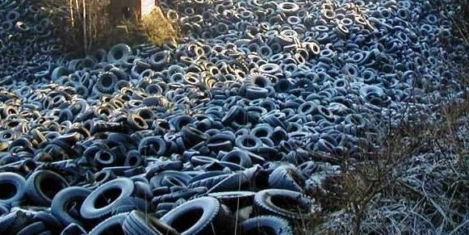
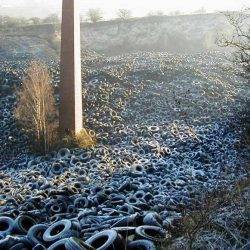




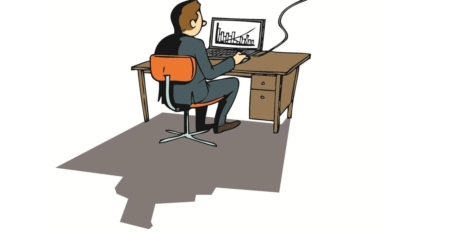

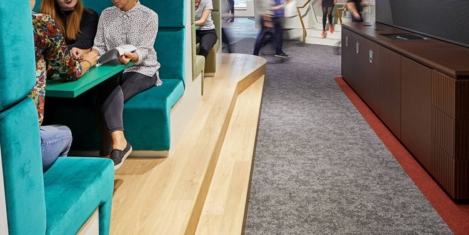
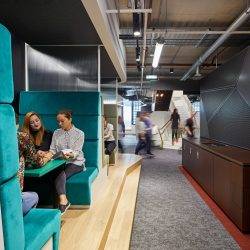





 The collective effort to improve mental health awareness has gained real momentum in recent years and in the workplace there’s growing recognition that mental wellbeing among employees is good for business. But the way we’re working – the ‘always on’ culture, innovation moving at breakneck speed, and a global workforce operating 24/7 – is creating a mental burden among employees that is generating more mental health challenges. According to the City Mental Health Alliance, 44 percent of employers are seeing an increase in reported mental health concerns. Our own research of international business leaders has also shown that two thirds of them have suffered from mental health conditions. This is not only worrying for the individuals but problematic for the wider business, as culture is driven from the top.
The collective effort to improve mental health awareness has gained real momentum in recent years and in the workplace there’s growing recognition that mental wellbeing among employees is good for business. But the way we’re working – the ‘always on’ culture, innovation moving at breakneck speed, and a global workforce operating 24/7 – is creating a mental burden among employees that is generating more mental health challenges. According to the City Mental Health Alliance, 44 percent of employers are seeing an increase in reported mental health concerns. Our own research of international business leaders has also shown that two thirds of them have suffered from mental health conditions. This is not only worrying for the individuals but problematic for the wider business, as culture is driven from the top.










February 11, 2019
The wider debate about workplaces gives facilities managers a chance to crack the code
by Mark Eltringham • Comment, Facilities management